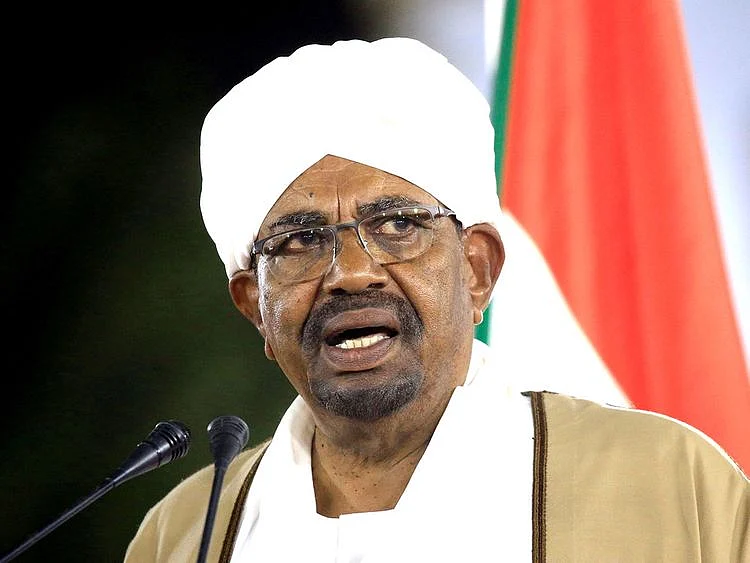Cairo: In 1989, Gen. Omar Al Bashir, leading a group of Islamist officers in the army, toppled Sudan’s democratically elected government. The coup tightened the grip of Islamists at the helm of Sudan for 30 years, during which the country plunged into autocracy and poverty, and turned into a haven for militants.
In the years that followed the coup, Al Bashir forged a strong alliance with Hassan Al Turabi, the leader of the Islamist Front, a breakaway group of the Muslim Brotherhood. Al Turabi was regarded as the godfather of the 1989 coup.
Under Al Bashir, the Islamist Front largely controlled the state institutions. Already in power, Al Bashir set up a ruling military council composed of 15 Islamist commanders. The self-styled Salvation Front embarked on Islamisation of Sudan, sacking suspected secularists from state jobs.
Al Bashir-Al Turabi honeymoon soured later.
In the late 1990s, Al Turabi angered Al Bashir by making media remarks that the latter construed as underestimating him. Al Turabi was quoted as saying that in two decades, Al Bashir “will have no role in Sudan’s history as he had no role 20 years earlier”.
The Islamist ideologue further fell out of Al Bashir’s favour after he criticised his administration of the country and unveiled a draft bill to curtail the president’s powers. In reaction, Al Bashir dissolved parliament, declared an emergency in the country and removed Al Turabi from his post as the secretary general of the ruling National Congress Party. Al Turabi created the opposition Popular Congress Party. But, he was later jailed in two separate cases including his party’s involvement in an attempt to depose Al Bashir’s government.
Targeted with a series of coup bids, Al Bashir oppressed his opponents, taking advantage of laws issued in 1983 by then president Jafaar Numeiri to enforce Islamic Sharia in Sudan.
In the 1990s, Al Bashir opened Sudan’s doors for notorious terrorists, including Osama Bin Laden, who stayed there for six years. Bin Laden used those years to recruit radical extremists blamed for a series of deadly attacks around the world.
As a result, the US put Sudan on the list of terrorism sponsors and imposed sanctions that took a toll on the Sudanese economy. In 1995, then Egyptian president Hosni Mubarak survived an assassination attempt in Ethiopia. Some Egyptian officials blamed the Al Bashir regime for it.
Months before his ouster by the army in April this year, Al Bashir defended hosting Bin Laden.
“Bin Laden came to Sudan as an investor. He did not carry out any terrorist acts while he was in Sudan,” Al Bashir told private Egyptian TV station Dream. At the time, he also acknowledged links to the Muslim Brotherhood, but denied ties with the Islamist group’s international organisation.
In 2009 and 2010, the International Criminal Court (ICC) charged Al Bashir with war crimes, genocide and crimes against humanity over his government’s campaign against rebels in Sudan’s western province of Darfur. Al Bashir defied ICC arrest warrants against him by travelling to several Arab and African countries.
Sign up for the Daily Briefing
Get the latest news and updates straight to your inbox
Network Links
GN StoreDownload our app
© Al Nisr Publishing LLC 2026. All rights reserved.
